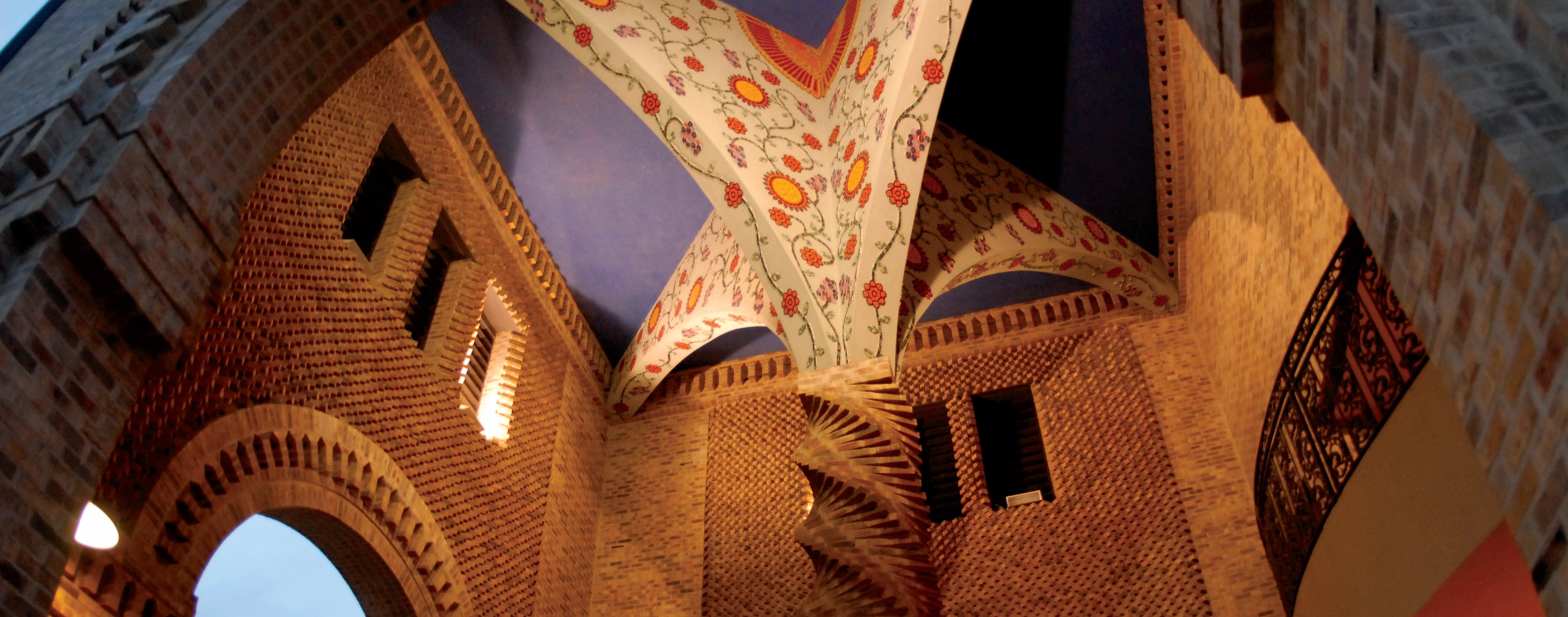
Occupational Therapy Faculty Publications
Document Type
Article
Publication Date
6-4-2015
Abstract
The aim of this study was to explore the occupational changes and perceptions experienced by Mexican Americans with end-stage renal disease (ESRD) and their families living with dialysis. In-depth interviews were conducted with 17 Mexican Americans with ESRD and 17 family members. The participants with ESRD described altered or lost activity patterns, capacities and freedoms. With a heightened awareness of death, the family members made altered occupational choices, which were consistent with their cultural values. Changes in the physical body, adhering to the dialysis regimen and environmental restrictions created barriers to occupational participation. These findings suggest that living with dialysis facilitate occupational deprivation among individuals with ESRD and adaption among the family members within cultural alignments. This phenomenon could affect the design of occupational therapy intervention and call for research on the role of occupation therapy services with this population.
Recommended Citation
Wells, Shirley A. 2015. “Occupational Deprivation or Occupational Adaptation of Mexican Americans on Renal Dialysis.” Occupational Therapy International 22 (4): 174–82. https://doi.org/10.1002/oti.1394.
Creative Commons License

This work is licensed under a Creative Commons Attribution 4.0 International License.
First Page
172
Last Page
182
Publication Title
Occupational Therapy International
DOI
10.1002/oti.1394


Comments
© 2015 John Wiley & Sons, Ltd. Original published version available at https://doi.org/10.1002/oti.1394.